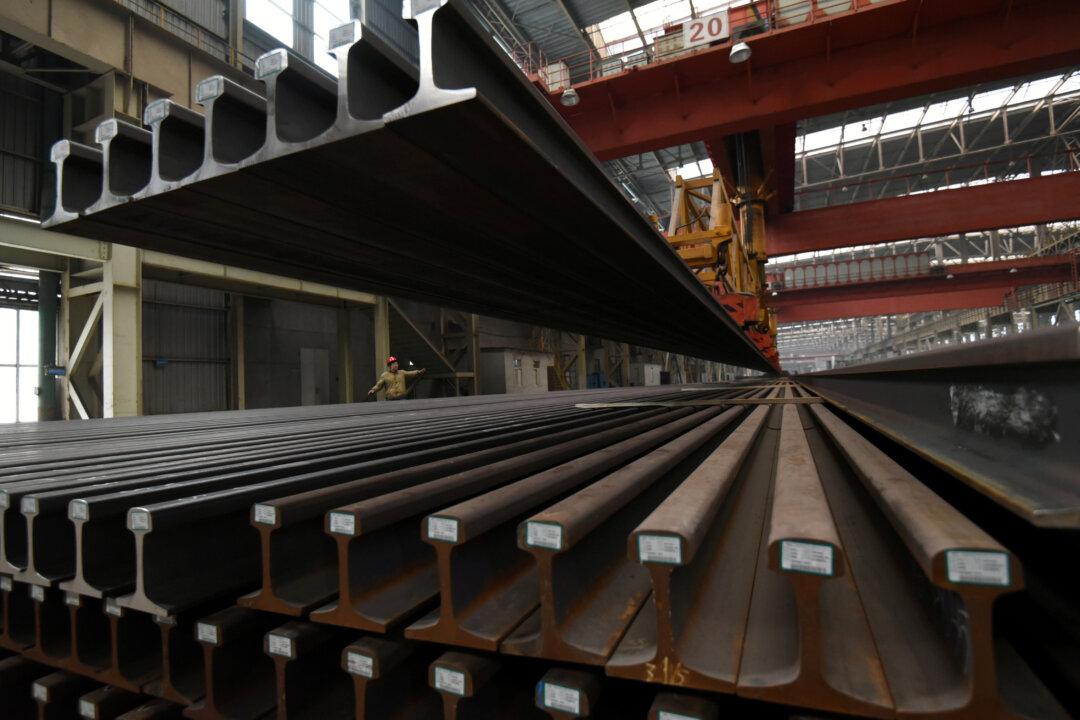BEIJING—Factory activity in China likely contracted for a fourth straight month in March, a Reuters poll showed, suggesting the economy is still losing steam and adding to worries about faltering global growth.
A downbeat reading, coming on the heels of the sharpest fall in industrial profits in at least 7 years, would underline the need for more stimulus as Beijing struggles to right the economy and end a bruising trade war with the United States.





